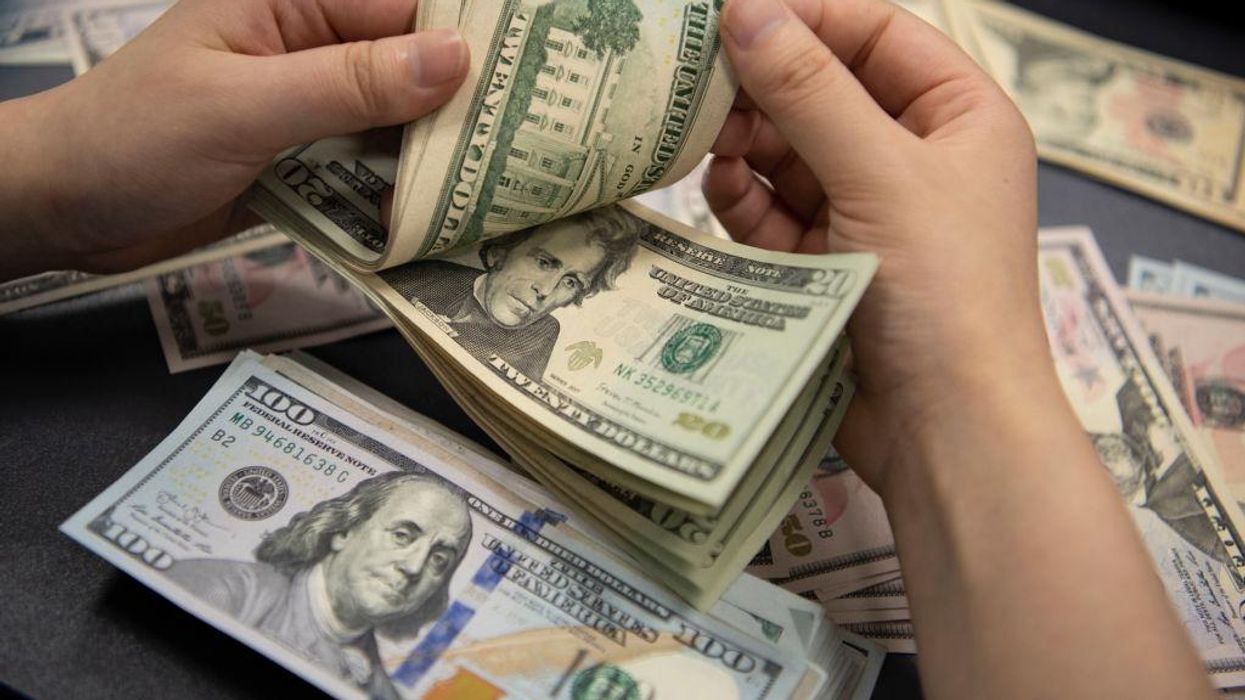
CFOTO/Future Publishing via Getty Images

Many economists have not been persuaded by the optimistic rhetoric regarding the future of the American economy. In fact, most believe that if a recession hits, it will come either next year or perhaps in the fourth quarter of this year.
A survey by the Financial Times — cited by NASDAQ, the Washington Examiner, and others — shows that 70% of respondents believe that the recession will hit sometime between October 2022 and December 2023.
Respondents to the survey include experts from Harvard, Northwestern, Johns Hopkins, and Notre Dame.
Though the survey is slightly misleading since it presumes that a recession is imminent, it still indicates that many economists are much more dour about the economy than the government officials charged with moderating and stabilizing it.
Earlier this week at the annual European Central Bank forum, Federal Reserve Chairman Jerome Powell insisted that the outlook for the American economy remains bright.
"The U.S. economy is in pretty strong shape," Powell said, citing overall household savings and low rates of default from average businesses.
When pressed about recent interest rate hikes, Powell still expressed confidence: "Overall, the U.S. economy is well positioned to withstand tighter monetary policy."
However, Emma Newbery of the Motley Fool compared the attempt to curtail inflation using interest rate hikes to "walking a tightrope."
"On the one hand, it could cause a recession. But on the other hand, if it can't get inflation down, the economic situation could be even worse further down the road," Newbery says.
Zachary Halaschak of the Washington Examiner likewise notes that slower spending brought on by higher interest rates "could cause economic growth to stagnate."
But Powell believes the moves are worth the risk: "Is there a risk that we would go too far [with rate hikes]? Certainly there’s a risk. But I wouldn’t agree that that is the biggest risk to the economy. The bigger mistake to make would be to fail to restore price stability."
Treasury Secretary Janet Yellen seems to agree. Last Sunday on ABC's "This Week," Yellen said, "Chair Powell has said that his goal is to bring inflation down while maintaining a strong labor market. That's going to take skill and luck, but I believe it's possible.
"I don't think a recession is inevitable," she noted.
In the event that Yellen, Powell, and others are wrong, there are steps people can take now to mitigate some of the effects of economic recession, including increasing savings and paying down high-interest debts.
The Fed is expected to raise interest rates another half-point in early July. The three-quarter-point raise this month was the highest single rate increase in nearly 30 years.